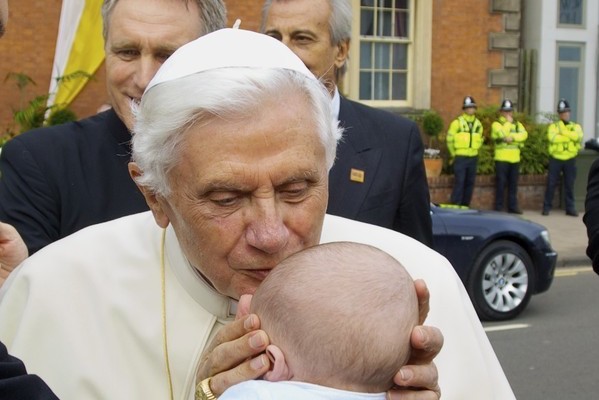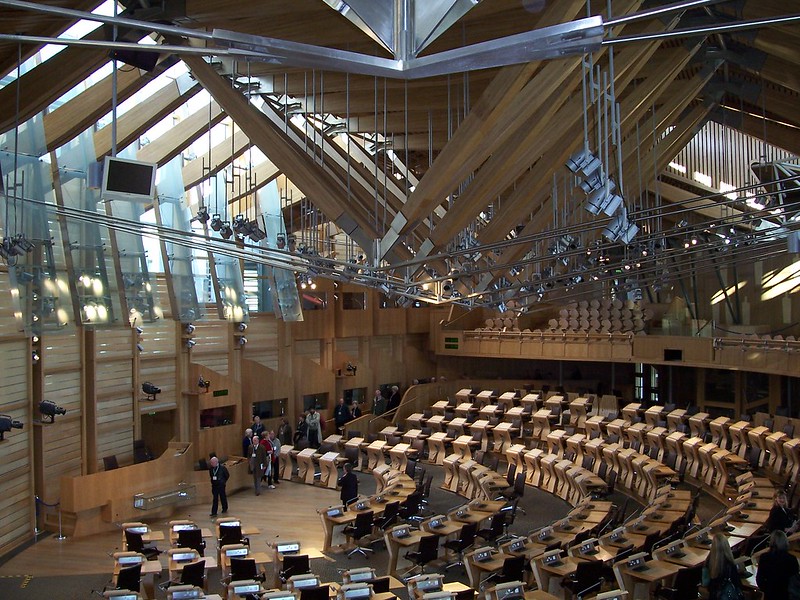The Bishops of Scotland have issued a statement strongly opposing the “decriminalisation” of abortion laws north of the border, arguing the resulting laws would rank amongst the most extreme in Europe.
Quoting the UN Convention on the Rights of the Child, which the Scottish parliament incorporated into Scots law in 2021, the bishops state that “every child has an intrinsic right to life”.
The petition requesting the removal of abortion from the criminal law, PE1969, was opened on the Scottish Parliament’s website late last year and received just over 1,500 signatures.
Asking the committee responsible for deciding whether the petition should inform future legislation to reject the proposals, the bishops asked politicians to advance “alternatives to abortion” and recognise the “equality of rights for the child in the womb”.
“The mark of a humane and compassionate society is to work through the difficulties and challenges women face in the case of a crisis pregnancy in a life affirming, not life destroying manner,” the bishops conclude.
Opposing decriminalisation, the Right to Life pro-life campaign group argues that in Northern Ireland, where abortion was decriminalised in 2019, abortion-on-demand for any reason is legal till 24 weeks, abortion on grounds of disability till birth, and the law no longer requires a doctor to perform an abortion, making women less safe.
The pro-choice campaign group BPAS argued in a campaign briefing, however, that retaining abortion in the criminal law is out of date, discriminatory and harmful to women. Abortion in Britain today, the group stated, is a fact of life – something legislation should reflect.
Power to amend the law around abortion was granted to the Scottish government under the conditions of the 2016 Scotland Act. Recent moves by the UK government to block legislation from Holyrood on the grounds of cross-border legal equality – most notably the 2023 Gender Recognition Reform Bill – suggests that introducing a significantly different legal status north of the border may be opposed by Westminster.
During the recent SNP leadership campaign, Humza Yousaf, the eventual victor and current First Minister, pledged to bring forwards decriminalisation within the current term of the Scottish parliament, which concludes in May 2026. The statement, widely seen as an implicit criticism of his leadership rival, Kate Forbes, who had previously expressed pro-life views, was made in response to a questionnaire sent to each of the three leadership candidates by the campaign group Back Off Scotland.
A petition at Holyrood launched last year, and currently under consideration for future legislation, calls for the Scottish parliament to “amend the law to fully decriminalise abortion in Scotland”. This would involve repealing the sections of the 1861 act of parliament that placed abortions within the criminal law. The Abortion Act 1967 made abortion legal under certain conditions, but as an amendment to, not a repeal of, earlier legislation.
Legal commentators have argued that the 1861 Act of Parliament that campaigners are seeking to repeal expressly states “Act not to extend to Scotland”, and so abortion is illegal under common law and not, as the petition assumes, statutory provision. This would require legislation to be introduced, and not simply amended, by the Scottish parliament.



 Loading ...
Loading ...